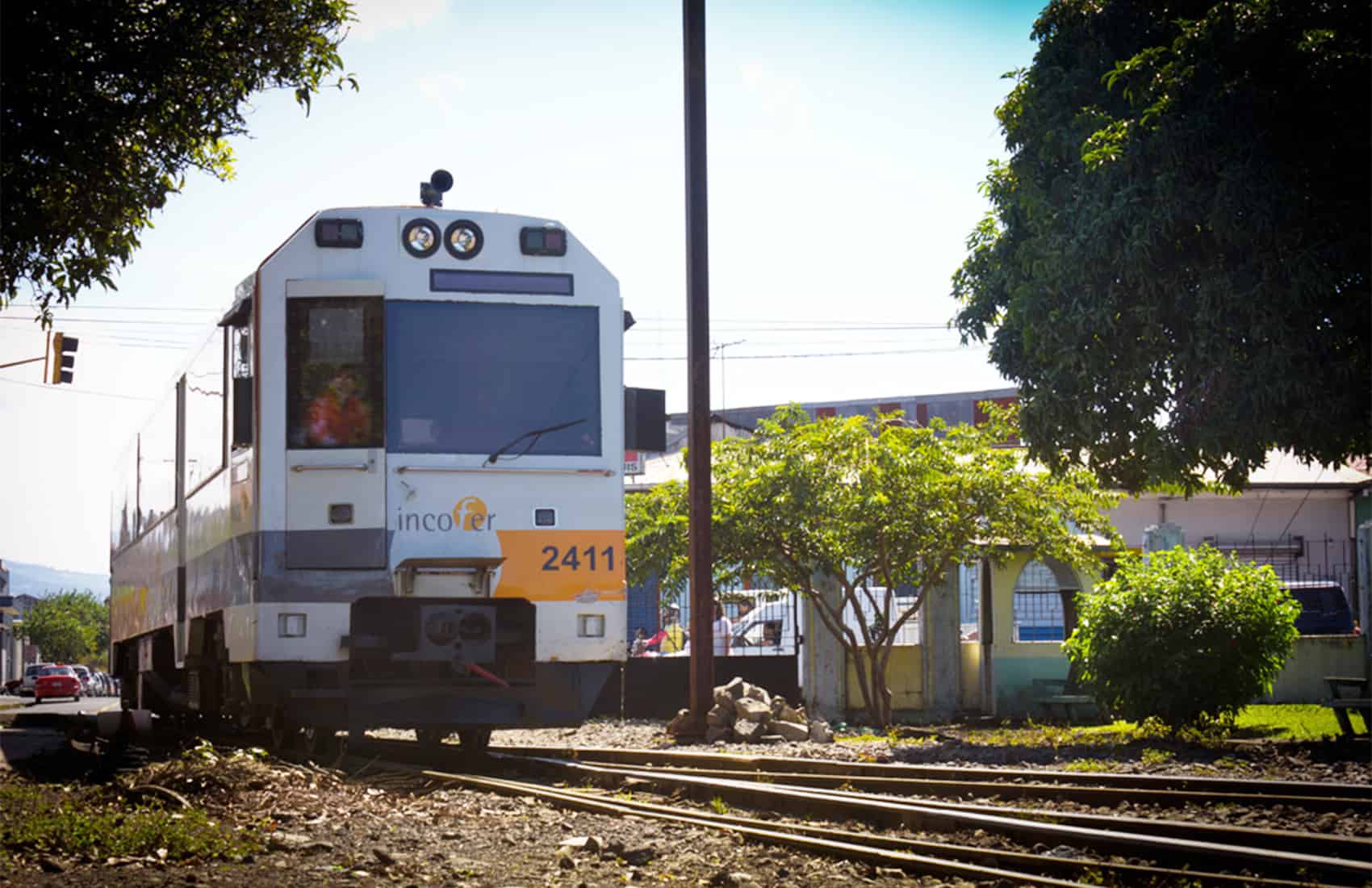The President of Costa Rica, Carlos Alvarado, on Monday defended the promotion of large infrastructure works as an engine of the economy to overcome the crisis caused by the COVID-19 pandemic.
In his report to the Legislative Assembly, delivered upon completing his second year in office, Alvarado said he sent lawmakers a $550 million loan project for the urban electric train, which will link the country’s four most populous cities.
“This, and the other infrastructure works will be essential and irreplaceable for the recovery and employment that our country needs,” Alvarado said in a special session of the Legislative Assembly, in an auditorium that allowed social distancing between attendees to be kept .
“We will do public works, we will protect and promote investment in the Caja (social security), we will leave the train on track and we will get out of the pandemic. United, we will make all of this a reality,” the president said.
The Central Bank of Costa Rica projected a 3.6% drop in GDP this year, instead of the 2.5% growth originally anticipated, as a consequence of the pandemic.
Likewise, the fiscal deficit will reach 8.6% of GDP this year, instead of the 6.2% originally projected, according to the Finance Ministry.
“Costa Rica has been hit hard by the COVID-19 pandemic,” the International Monetary Fund said in a report on the country.
It added that “tourism revenues, which represent more than 6% of GDP and 19% of exports, have collapsed due to the closure of borders, while other exports have declined due to a drop in demand from their trading partners.”
Given this, Alvarado pointed to a series of road works as the engine of the post-pandemic economy, and especially the urban electric train.
The train, valued at $1.55 billion, is projected to generate 1,200 direct jobs in its construction phase and 1,470 jobs in its operational phase.
The government has requested a loan of $550 million from the Central American Bank for Economic Integration (CABEI) to start construction, which will be done in partnership with the private sector.
Alvarado admitted that the measures to contain the COVID-19 contagion have had “very severe” impacts in terms of unemployment and loss of family income.
However, he highlighted Costa Rica’s success in reducing the spread of the coronavirus.
Costa Rica registered 742 cumulative cases of SARS-CoV-2 through Monday, including 399 recovered and six dead.






